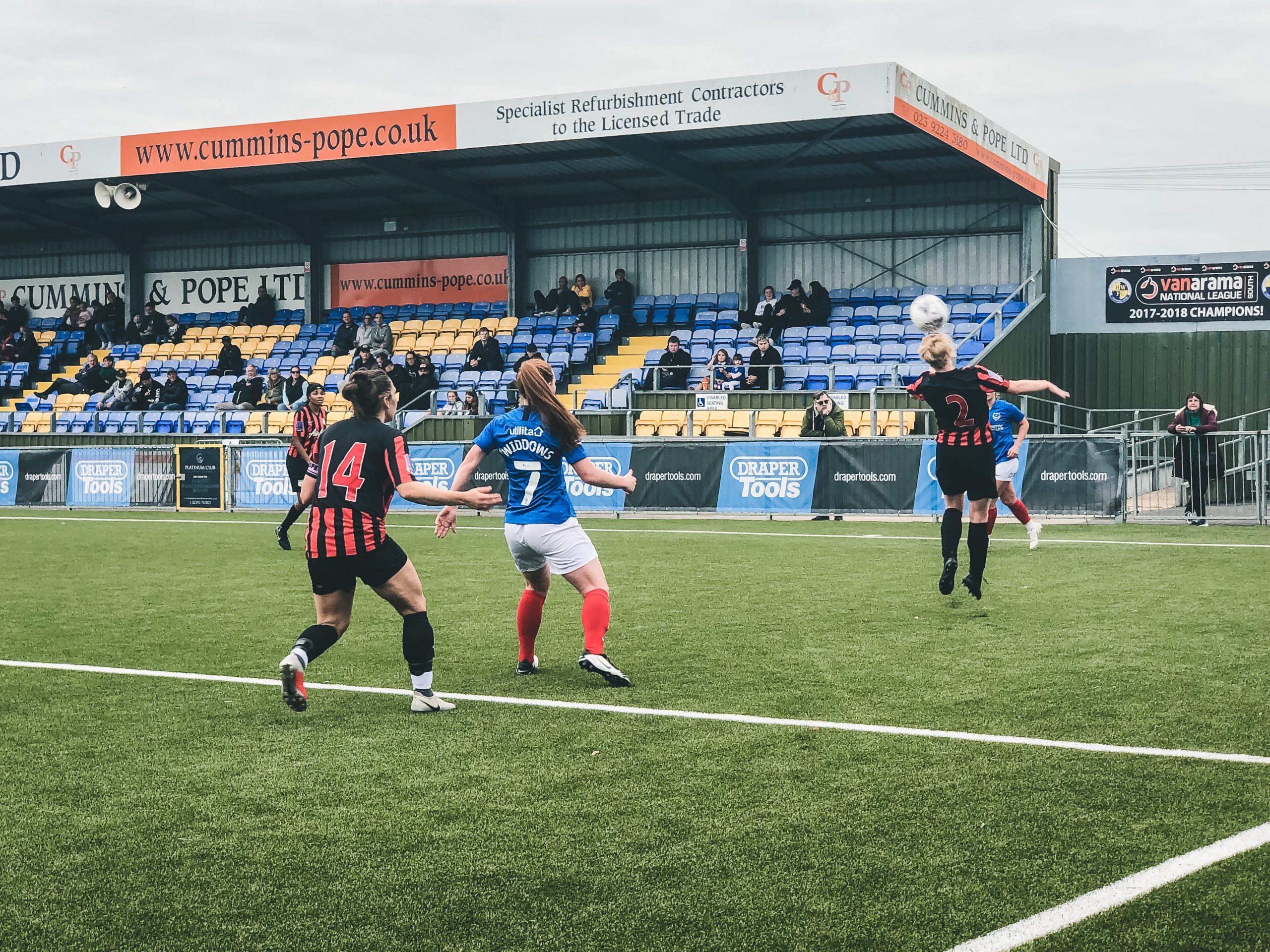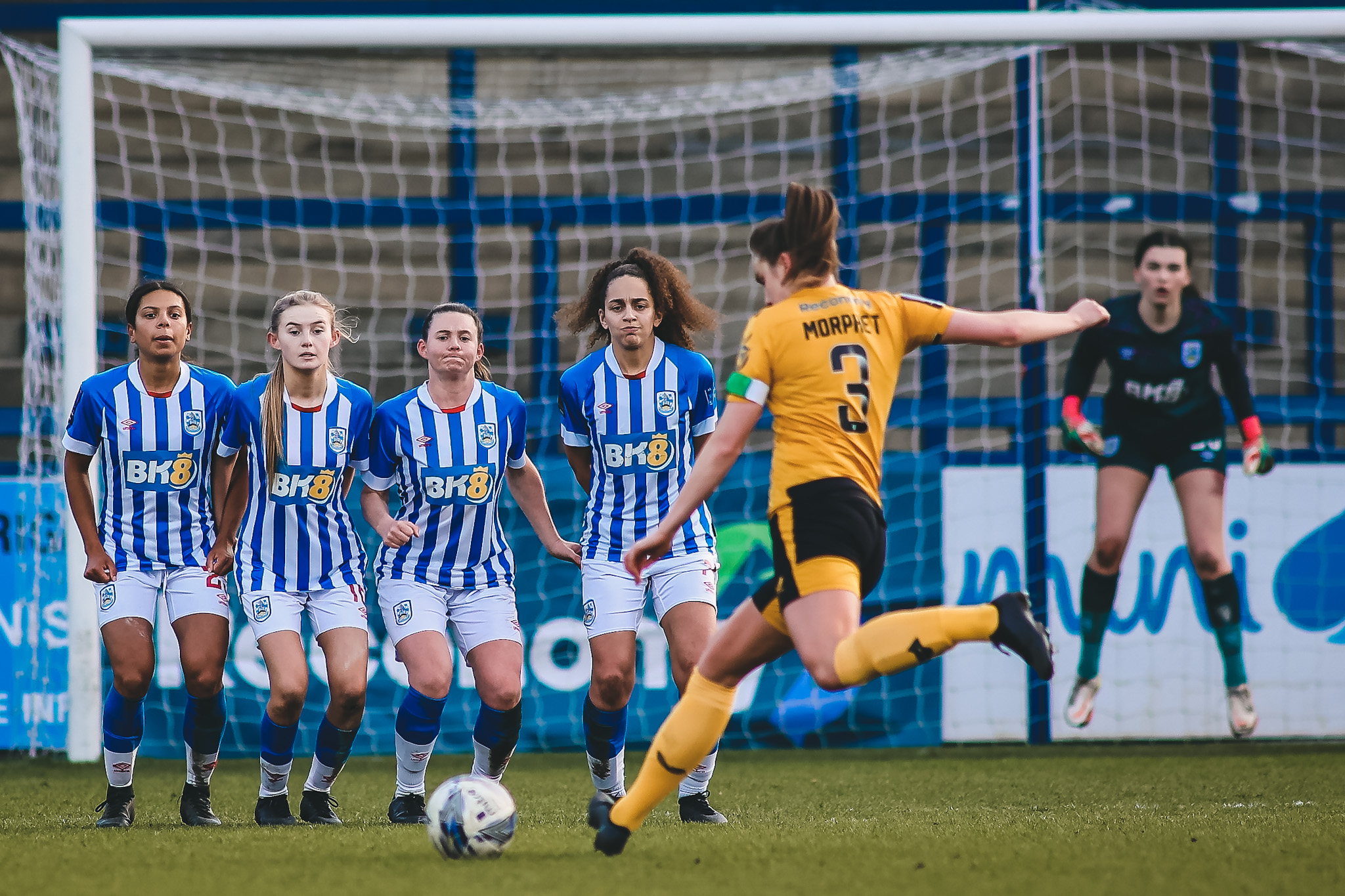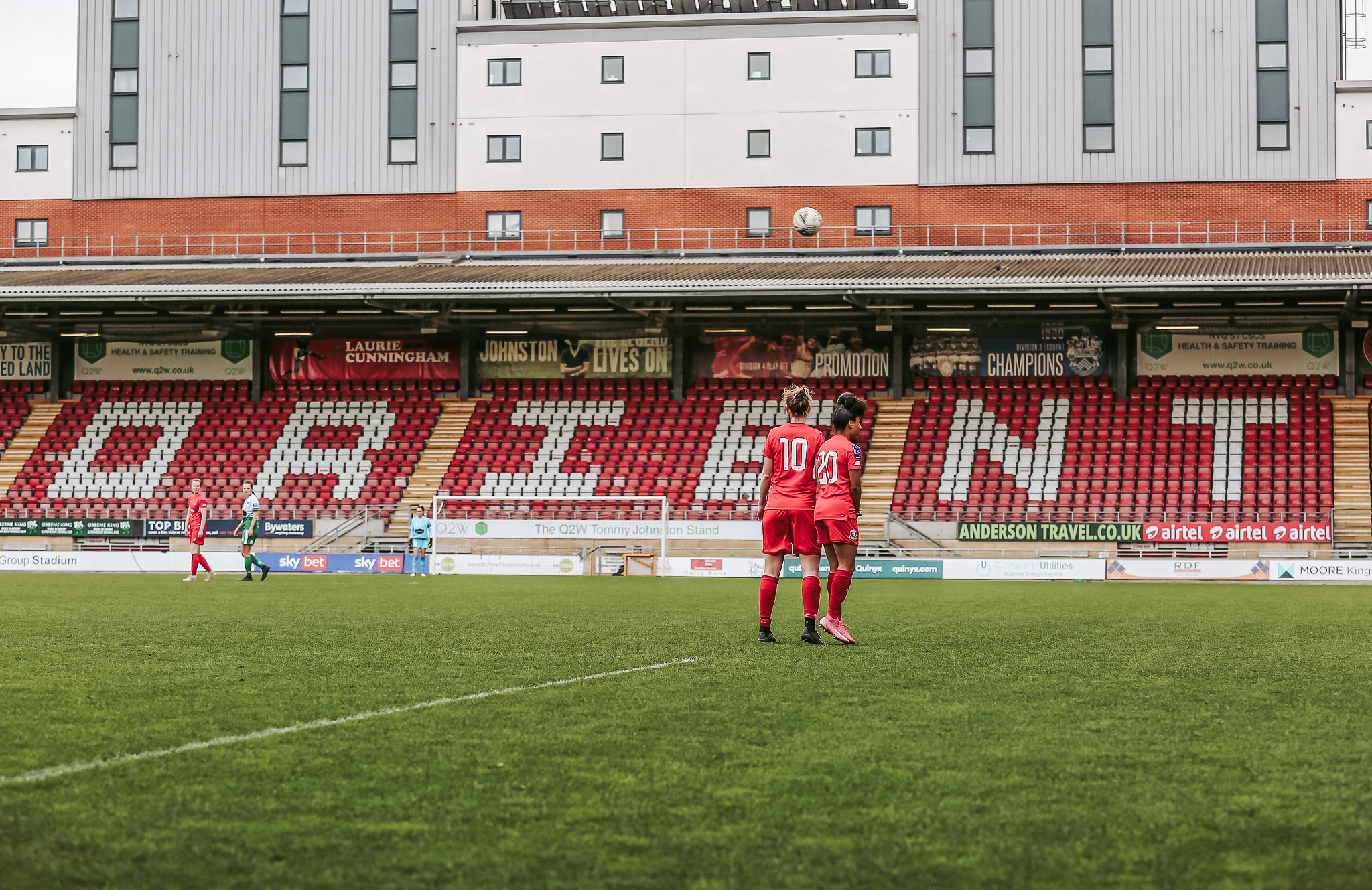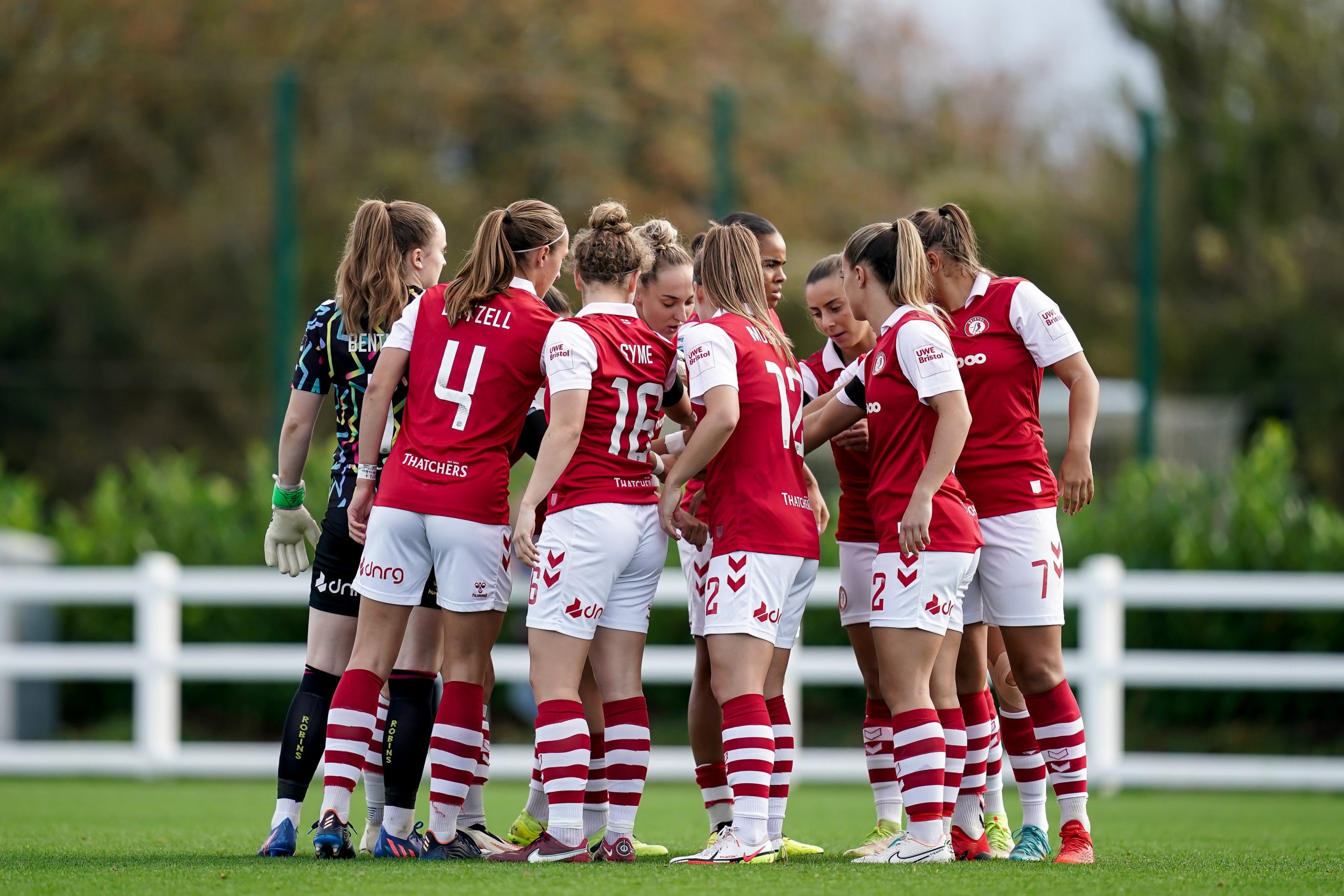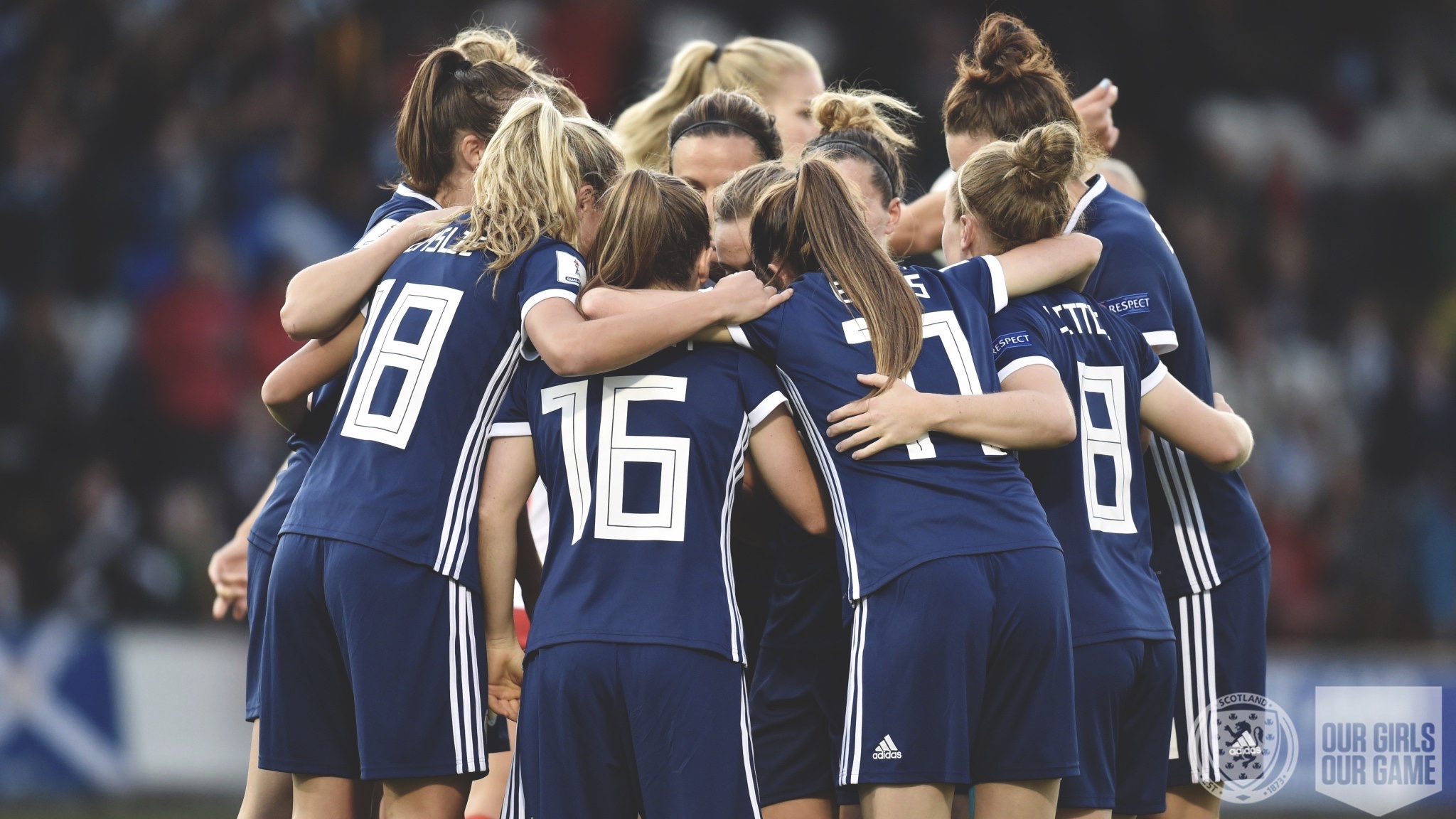While the Women’s Super League and Championship seasons are progressing nicely (apart from Dubai-gate) the lower leagues, which the FA have classified as “non-elite”, are stuck in limbo, unable to train or play and with no idea when this might change.
In April 2020 the women’s football pyramid from tiers three downwards were cancelled by the FA, with all results voided and no promotion or relegation.
Understandably the clubs at the top of their leagues who were anticipating promotion weren’t happy, while the clubs facing relegation were handed a reprieve. At the time, those affected may have had their own views on how to settle the leagues but in all the discussions there simply was no outcome that would have satisfied everyone involved.
In September, the National League and tiers below were able to commence their seasons and on the whole, they were all progressing nicely.
Clubs in the north of the country were first told that they couldn’t play matches or train due to an increase in COVID cases and the government’s regionalised lockdown rules. Slowly that reached southern areas and by December we were into a full national lockdown.
Last week, a survey was sent to clubs within tiers three to six, asking them for their views on how to best end their season in light of the continued COVID lockdown. It was broken down to three options, to cancel the season and void results again, to pause the leagues until safe to restart, or PPG options.
It is disappointing that the FA have taken so long to send this out as clubs were advised about their intention to do this in early December. This inaction and lack of a plan implies that they’ve either got their plan but don’t want to share with their stakeholders or have done nothing and hoped it would all blow over. A contingency should have been shared a long time ago so clubs at least had something to work towards, this shows weak leadership from the FA.
I shared a Twitter poll to gain an idea about what our follower’s views were;
Clubs in #FAWNL tiers 3-6 have been sent an @FA survey about deciding the 2020/21 season. Out of the options which do you think is the best/fairest outcome? (Baring in mind most leagues are at best 1/4 to a 1/3 or the way through). Please respond and share.
— Since 71 💙 (@Since71Blog) January 22, 2021
The results were overwhelmingly to pause the seasons and restart when safe to do so, which mirrors my own personal view.
The FA have stated that tiers three to six can only return if it is safe to do so, prioritising the health of the players and staff. Based on the current state of the country I can’t see competitive sport at this level returning until May at the earliest, and that is with my optimistic hat on.
I believe that the fairest outcome is for “non-elite” and grassroots football is to seek a return around late September 2021 and pick up where it was left off in December 2020, including cup competitions. Restarting not far from when it was actually stopped allows for the best chance of protecting the health of all involved and the integrity of the leagues.
I have seen some on social media trying to build a case for an April/May restart with double game weeks each week to finish matches. Even if restrictions are eased around that time, the reality is that it just won’t be safe enough as much of the UK will still be waiting for their COVID vaccinations. It’s also not practical with many players at this level studying or working full-time jobs that might not accommodate that level of commitment.
While I admit that this course of action doesn’t come without challenges. For example, with no movement in this section of the women’s football pyramid then there couldn’t be any relegation from the Championship. Then there is the issue of the FA Cup but unless the FA is going to fund player testing for those “non-elite” side still involved in the second round then it’ll have to be cancelled or recommence later this year also.
The bigger picture of player safety is something that is also important to AFC Fylde joint manager, Kim Turner. She told me, “We are desperate to get football started as soon as possible and hope that it can continue in the summer. Maybe with a month off and a shorter pre-season to prepare for the 2021/22 season which could commence late September or early October, just like we did this season. To wait and go through another off season shouldn’t be an option.
“Football was cancelled last March and since then they [Fylde’s players] have had about ten weeks of football and some of our girls are really struggling without it. That being said, we are putting our player’s safety first. Where we are in the league or where we will finish is irrelevant if football cannot continue safely.” She added.
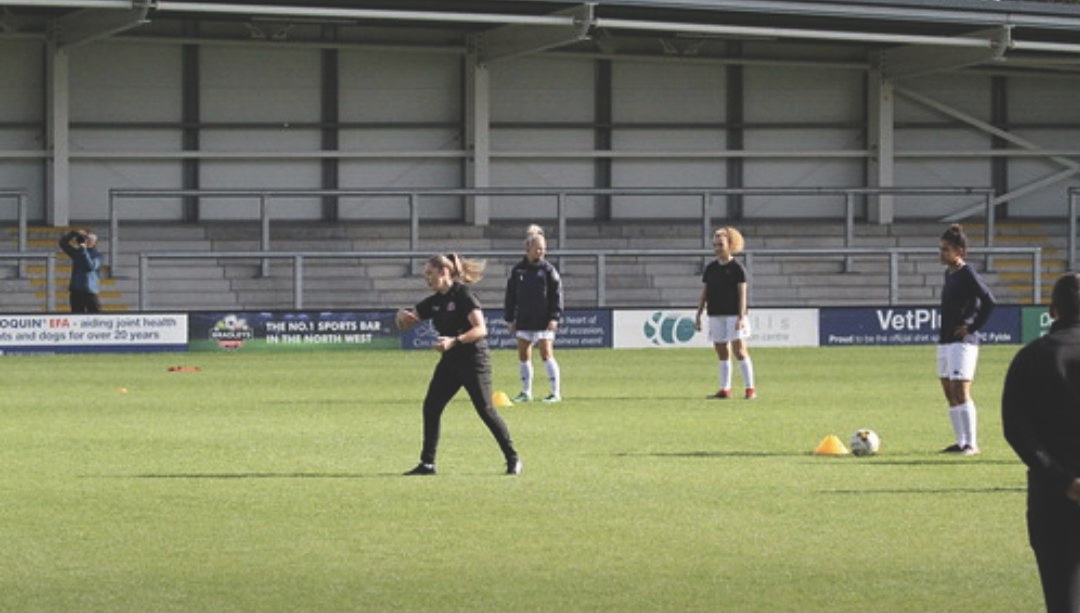
With many leagues not even a third of the way through a PPG outcome would be difficult to justify. For example, in the National League South Cardiff City have played four games, which is half the number of games played by Watford who currently sit top. For a PPG outcome to be viable then the clubs having played fewer games will need to catch up which means that summer games would be required and that might prove too difficult or dangerous.
Within the survey, the FA have also asked clubs if they believe there should be promotion or relegation if it is settled by PPG. This is a no brainer, there must be movement between leagues if this is to be the chosen outcome!
There is a bigger issue within the women’s football pyramid about movement between its leagues. It’s very difficult for clubs to progress through the pyramid and to remove promotion and relegation for another year would show a lack of respect, especially to the likes of Southampton, Ipswich Town and Wolverhampton Wanderers who have dominated their leagues for the last two seasons.
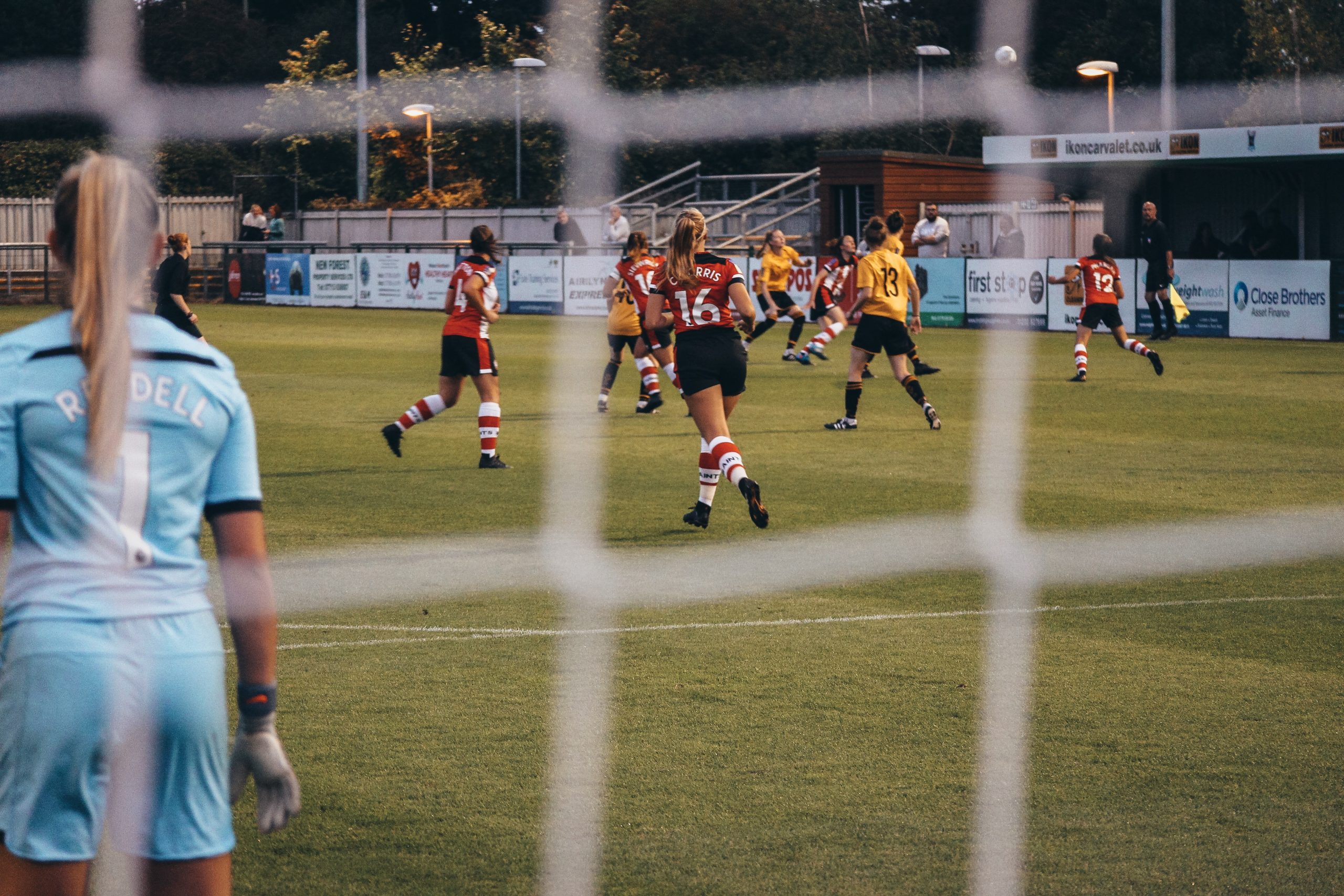
However, the most disrespectful and frankly lazy option is to cancel and void the leagues again. Too much financial investment and hard work has been put in for it to be lost as swiftly as Thanos’ snap.
Worryingly, Tom Garry from the Telegraph shared an article stating that as of Monday lunchtime, 103 clubs from tiers 3-6 had responded and 62% favoured null & void, compared to 18% wanting unweighted PPG, 14% ‘weighted PPG’ and 6% specifying ‘other’.
I have spoken a number of players and coaches over the last week and all have been vehemently opposed to the season being cancelled so that news surprises me. Granted that communication has been with those involved within the third tier and with a larger number of clubs involved in the lower leagues, their views may be different to those of the higher league clubs who might consider that they have more to play for. I don’t know if that is true but I do hope that the FA would look at what suits the higher tiers and lower tiers if there is a clear disparity with their results.
It’s something that concerns Portsmouth boss, Jay Sadler, who tweeted, “Surely those in it [the FAWNL] should decide the outcome… and after speaking with several club officials, resuming play when safe seems to be unanimous! Steps 3/4 are under the FAWNL umbrella and in my opinion should vote separately to those in steps 5/6. Otherwise the survey would be heavily outweighed due to the amount of clubs within step 6 alone!”
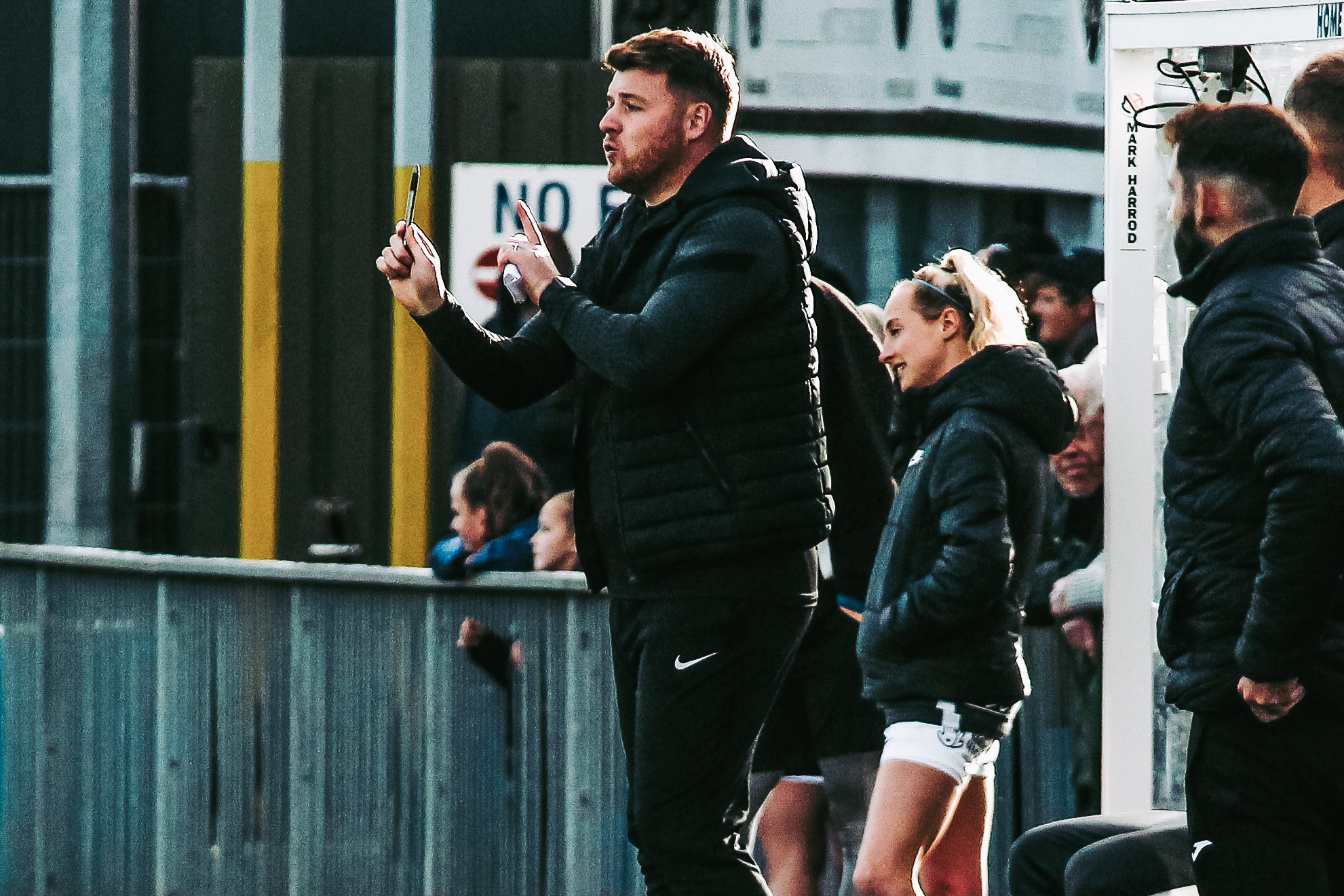
Thinking outside of the box, I have seen suggestions that this is an ideal opportunity for the FA to implement a full restructure but realistically there is no time for this to be completed. However, this is an important subject and one that needs to be brought to the table very soon.
Former WSL and National League boss Luke Swindlehurst told me, “The FA have to consider feedback but ultimately need to take control/responsibility because as we’ve seen in the past clubs would only vote for what’s in the interest of their own club not the wider scope of the women’s game.”
All we can do now is wait to see what these results bring and what the FA decide. I pray that we see strong leadership, common sense and that they look at what is best for the growth of the women’s game in the long term and that they don’t make any rash decisions.





